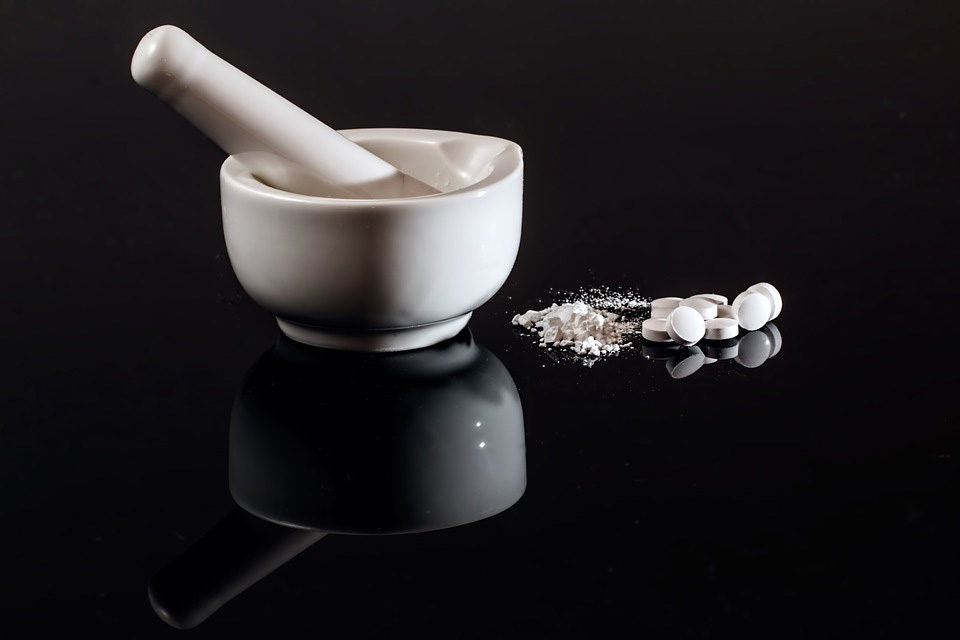The Benefits of Couples Counseling
Are you in search of couples counseling in Austin TX? If you’re feeling stuck in your relationship, couples counseling can help. Many couples have trouble communicating and a neutral third party can help them have a productive discussion. You’ll probably have deep hurts and issues that are difficult to talk about if you try to solve these issues alone. Receiving couples counseling in Austin can be helpful at any stage of the relationship. Read on to learn more about the benefits of couples counseling. We hope this article has been helpful!
Thriveworks
If your marriage has hit a rough patch, it might be time for some professional help. A counselor at couples counseling in Austin will help you identify the underlying causes of the problems and offer solutions. These issues may be the result of repeated behaviors, or they may have arisen because of an underlying issue. No matter what the cause is, couples counseling in Austin will help you create a new climate that promotes love and respect.
When it comes to finding a good counselor in Austin, you may be wondering where to go. There are plenty of options for couples counseling in Austin, but Thriveworks stands out among others in several ways. It guarantees you a one-on-one appointment with a licensed counselor, accepts many insurance plans, and offers daytime and evening appointments. And it’s a great place to find some peace of mind after a long day of work.
For some couples, marriage counseling is the best way to improve the quality of their relationship. Whether you’ve had a bad relationship for years, or have just started dating again after a long break, couples counseling can help. When couples work through their issues and work towards improving communication and intimacy, they will feel empowered and ready to engage in a deeper level. You’ll be glad you did. There are plenty of benefits to couples counseling.
Couples counseling in Austin can help you improve your relationship. If you and your partner have been having problems communicating, a counselor at Thriveworks can help. The counselor will also help you understand how you feel and how to resolve them. There is no better time to work on your relationship than right now. You’ll be happier in the long run. The best way to make a relationship work is to be honest with each other and work together. A Thriveworks counselor in Austin will help you get there.
Neema
Marriage counseling is a powerful tool to restore a relationship, whether it’s stuck in a rut or in the throes of crisis. Couples in Austin, Texas, can benefit from the couples therapy offered by Neema. Our counselors are ready to help you and your partner find hope and healing. Whether your relationship is in crisis, couples therapy can help you find the peace of mind and confidence to move forward.
The fees for counseling in Austin vary depending on whether you’re on a tight budget or you have an income limit. The Institute for Mental Health Research’s Anxiety and Stress Clinic offers quality therapy at affordable rates. Individual sessions cost $45 to $160, depending on your income and insurance coverage. But you can also find affordable Austin therapists through online sources. If you’re not sure where to turn, try searching for a nonprofit organization that provides counseling.
Thrive
If your relationship has hit a rough patch, it might be time to seek couples counseling in Austin. At Thriveworks, you can find a therapist with the expertise to help you work out your differences. You can schedule sessions at times that work best for your schedule. In addition, their counselors are experienced in working with couples of all ages and backgrounds. With their help, you can improve your relationship and get the support you need.
Couples counseling in Austin is a wonderful opportunity to reconnect with your partner and restore your relationship. Couples counselors are trained to recreate a couple’s ideals, integrating the ideals of each partner to build a stronger bond. South Austin Counseling provides counseling services and a supportive atmosphere for couples. Couples can engage in the process of rebuilding meaningful attachment. Moreover, their therapists will provide you with tools to regain meaningful attachment with your partner.
Couples counseling is different from individual therapy. The therapist will take into account the unique characteristics of each individual and determine what type of therapy is best for each person. The counselor will assess each individual’s history and goals to help them resolve conflict and improve their relationship. Couples can also discuss their concerns about children, religion, family, health, and other external stressors. It is important to find a therapist who understands your unique circumstances.
There are various reasons why couples break up. The high rate of breakups and divorce means that many families are broken. The majority of breakups occur for superficial reasons, such as inability to resolve conflicts. Constant arguing can cause couples to forget the important values of each other. Couples need counseling to learn how to listen and communicate effectively and disagree without forcing the relationship to end. This is where couples counseling can be invaluable.
Couples Rehab Austin
Whether your relationship is at a low point or experiencing a major crisis, Couples Rehab in Austin has couples counseling can help you overcome your issues and move forward as a couple. Whether you’re struggling with infidelity, finances, substance abuse or emotional intimacy, couples counseling can help you communicate better and strengthen your relationship. To get started, call the office nearest you to schedule a free consultation. The counselors at Thriveworks Austin are trained to listen to your needs and concerns while maintaining your relationship’s strength and stability.
Whether you’re experiencing a difficult relationship or you’re searching for guidance, Outpatient Austin can help. Whether you’re facing difficulties in your relationship or you want to improve your self-esteem, Outpatient Austin is here to help. Their Austin office offers convenient appointment times, which can be scheduled within 24 hours. Moreover, they offer a wide range of counseling and coaching services that can help you make a change in your life.
Many relationships start and end in a struggle. Although adoration is a powerful attraction tool, strong romantic partnerships require more than attraction. It requires teamwork, mutual appreciation, commitment and objective communication. While many couples understand the importance of marriage and have tried to work on the issues, they’re struggling to incorporate marriage counseling into their routine. The counselors at a couples rehab in Austin can help you address your struggles and establish a new climate in your marriage.
When it comes to relationships, the family is perhaps the most important unit in society. It nurtures children and creates productive citizens, while giving support throughout life. Unfortunately, many families also foster bad communication habits that make it difficult for both partners to communicate with one another. Family counseling can help strengthen communication and relationships among family members. Couples can begin discussing painful histories, including those that caused problems in the past. This can be a challenging and emotional journey, but the benefits are well worth the effort.











